
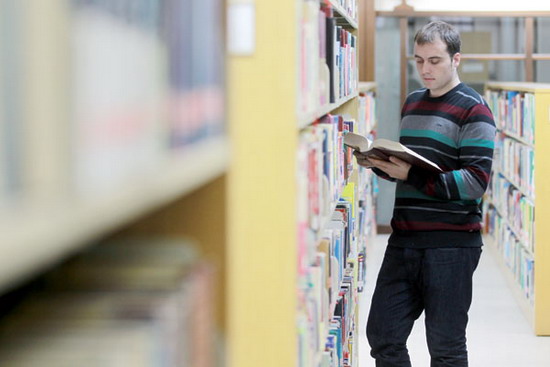 |
| Mario Lanza reads a book at a library of Peking University. (Photo/ China Daily) |
"Made in China" is a label Mario Lanza is happy to wear.
The scientific researcher from Spain came to Peking University as a final-year PhD student three years ago. Today he is a scientist thankful to the country he has made his home.
"I'm a made-in-China scientist because many of the things that I learned, I learned here," he said.
Lanza, 30, earned a degree in electronic engineering in 2006 and a PhD in electronics in 2010 at the Autonomous University of Barcelona.
Fluent in Spanish, Catalan, English, German - and now Mandarin - he worked at the University of Applied Sciences in Deggendorf, Germany, and at the University of Manchester in England before heading to Stanford University in the US, where he combined research with teaching computer science, telecommunications and electronic engineering.
In 2009 he made his move to China on a 400-euro monthly stipend despite offers of better-paid scholarships elsewhere.
"At that time, everyone was talking about China, saying it would become an economic leader in a few years, so I thought maybe it was the time to come."
The China he saw on arrival was quite different to what he had expected - including excellent laboratory equipment, sometimes better than in prestigious Western universities.
"In my case, the best laboratory for my experiments and funding was at Peking University. It was better than in England or the US."
In China many funding opportunities are channeled to the most promising researchers, not just the most senior, he said.


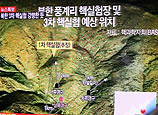

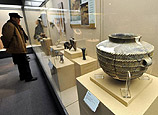
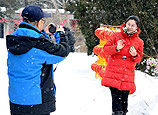


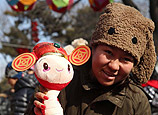








 Overloaded truck crushes bridge in NW China
Overloaded truck crushes bridge in NW China


![]()
